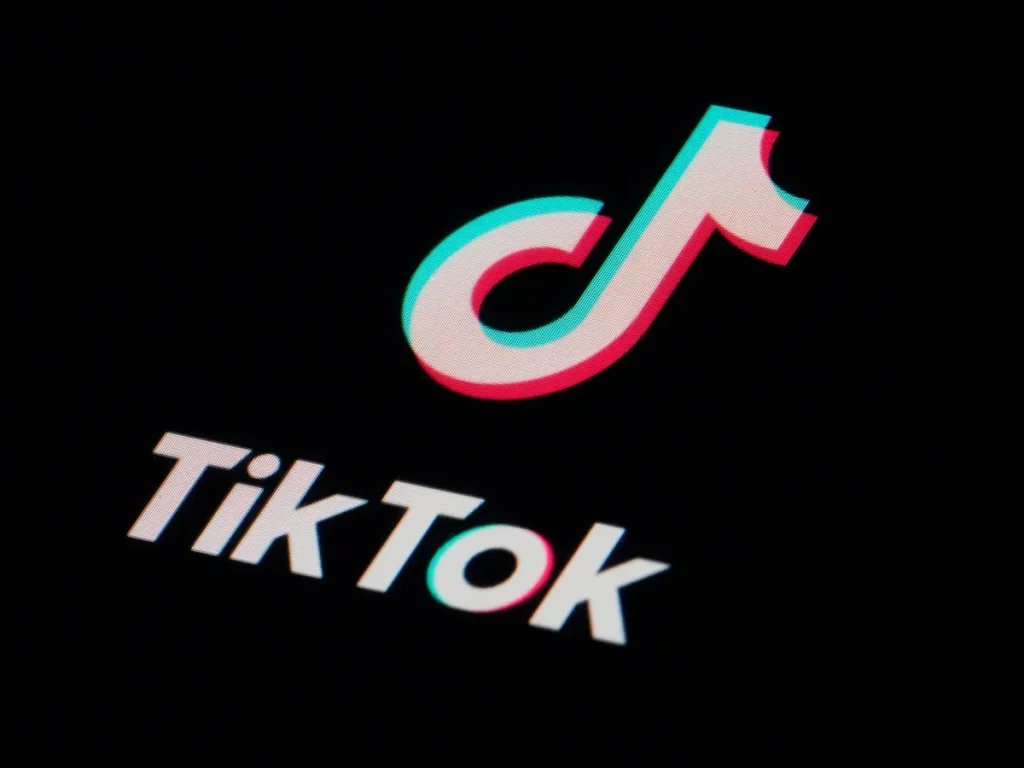TikTok has agreed to withdraw a rewards feature that raised concerns about its potential to encourage excessive screen time, particularly among children, the European Union’s executive commission announced Monday.
This marks the first resolution of an investigation under the EU’s comprehensive Digital Services Act, which came into effect in February. The Act aims to ensure a “safe and accountable online environment” by regulating large digital platforms.
TikTok made the commitment without admitting that the feature violated the Digital Services Act, officials stated.
However, the commission ruled that the withdrawal is legally binding, sending a clear message to the entire social media industry, according to Margrethe Vestager, European Commissioner for Digital Affairs.
“Design features on platforms with addictive effects put the well-being of their users at risk,” Vestager said in a statement. “That’s why we have made TikTok’s commitments under the DSA legally binding.”
The case involves TikTok Lite, a low-bandwidth version of the app released in Spain and France. This version allowed users to earn points for activities such as following creators, liking content, or inviting friends to join TikTok. These points could be exchanged for Amazon vouchers and PayPal gift cards. TikTok stated that rewards were restricted to users 18 years and older, who had to verify their age. Users could watch up to one hour a day of videos to earn rewards, capped at the equivalent of one euro ($1.09) per day.
The commission opened an investigation in April due to concerns that TikTok had not conducted the diligent assessment required under the Act of the feature’s potential “addictive effect,” particularly for children, given the suspected absence of effective age verification mechanisms on TikTok.

Read More: Taylor Swift ‘In Shock’ After Horrific Stabbing Incident in UK
The resolution of the TikTok Lite investigation does not impact an earlier probe launched against TikTok, which focuses on concerns about the protection of minors, advertising transparency, data access for researchers, and mitigating the risks of “behavioral addiction” and harmful content.

